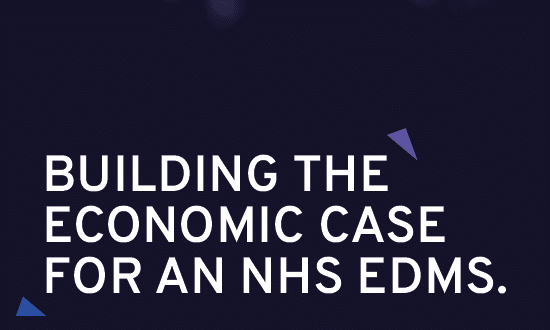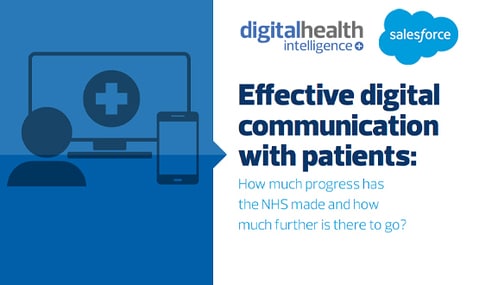Lansley leads information revolution
- 13 July 2010
The government has promised an “information revolution” for patients in its white paper, ‘Equity and excellence: Liberating the NHS’.
The white paper, which was presented to the House of Commons by health secretary Andrew Lansley yesterday, uses much of the same language as the Conservative manifesto in the run-up to the general election, but sets out some specific steps to bring about the "revolution".
It says that assessments of commissioner performance will be published, that quality audits will be extended to more NHS providers, and that clinical teams will be subject to “meaningful, risk adjusted assessment of their performance against their peers”, with the results put into the public domain.
It also says patient reported outcome measures (PROMS), which were introduced following Lord Darzi’s review of the NHS under the last Labour government, will be extended across the NHS “wherever practicable” and that patients will be able to rate more of the services they receive.
Lansley told the paper’s press launch that giving patients more information was a pre-requisite for one its major themes: “no decisions about me without me.”
The white paper also indicates that the “information revolution” is intended to play a big role in improving quality in the NHS, saying it will “boost transparency so that failings do not go undetected.”
An information strategy is promised this autumn on how the changes will be implemented. However, the white paper gives a big boost to the NHS Information Centre, saying it should be put onto a firmer statutory footing and given “lead responsibility” for data collection.
Local organisations will be responsible for ensuring their data is accurate and timely, although the new NHS Commissioning Board will set “technical and data standards” to ensure compatibility between different systems. These standards will include record keeping and data security.
Information will continue to be published on NHS Choices, but the white paper makes it clear that “a range of third parties will be encouraged to provide information to support patient choice.”
Further clues to the direction of travel can be found in a paper published on Friday by the National Quality Board, which is headed by NHS chief executive Sir David Nicholson.
The board was asked by the DH to develop a strategy for information on the quality of health services in December last year.
It set up a sub-group chaired by former RCGP president Dr David Haslam to deliver the strategy, advised by a number of high profile individuals, including Tim Kelsey, former chairman of Dr Foster.
Its report makes 28 recommendations, which it says will be needed to make information “available, trusted and insightful.”
These include giving local organisations a contractual requirement to cleanse and publish their own data on the internet and for bringing all data collections within a single body.
The report also wants a market in information, commenting: “While the state should ensure a market is working it must recognise it is not a monopoly provider and should not crowd out what the market could provide.”
Other key recommendations including making all data available through the government website www.data.gov.uk, speeding up the extraction of data from primary care and publishing a Code of Practice for those presenting quality information, requiring full disclosure of methods, definitions and data sources.
In a letter to Lansley, Sir David said there were “significant challenges” to delivering quality information. For example, he said “40% of health programme budgeting areas, representing £20 billion of annual expenditure, are without any nationally collected quality information.”
The group also said “a form of analytic community” would need to be developed to deal with information and that this should be delivered through the "professionalisation" of analytic and informatics staff.
In response, Dr Hamish Meldrum, chairman of BMA Council said: “Plans to link outcomes to NHS funding will need to be carefully thought through to ensure that any payments are a true reflection of the activity and cost involved.”
Links: Equity and excellence: Liberating the NHS
National Quality Board paper: Information on the Quality of Services




